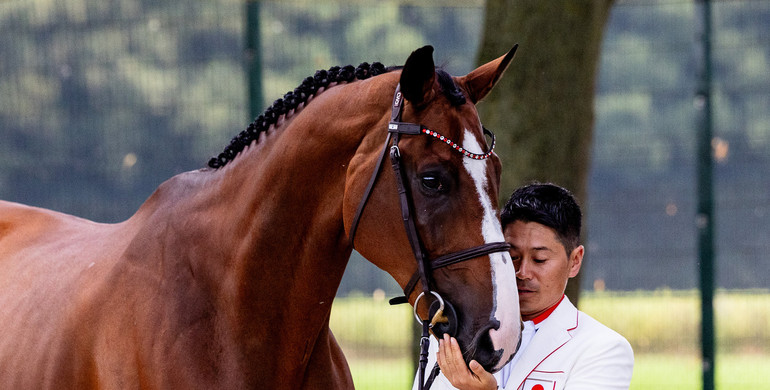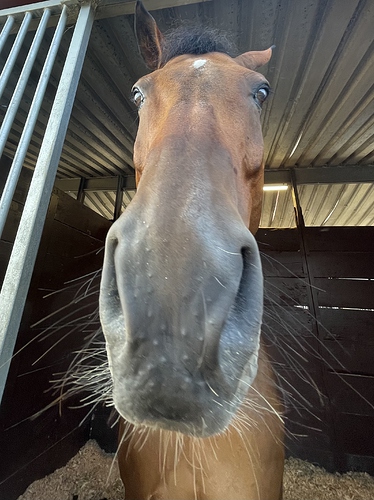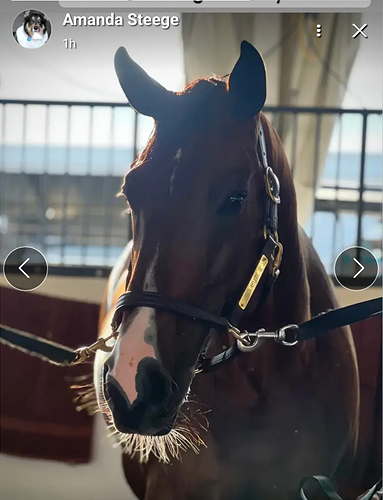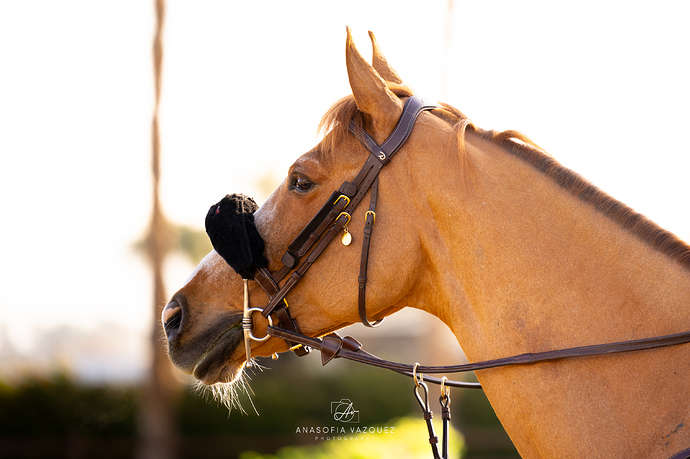I know this thread is a bit long in the tooth (pun intended), but in searching for updated info about rules and best practices in the Hunter ring, I landed here.
My area of expertise is animal behavior, specifically equines.
Removing the vibrissae (whiskers) of sport horses has a significant impact on the horse’s ability to navigate his immediate surroundings, as well as determine certain environmental signals important for his comfort and safety. This lack of sensory input results in behavioral challenges not just in the show ring, but during training at home, where trainers are more likely to overcorrect or punish unwanted behavior.
When those behavioral challenges are stress-related because the horse is lacking a very important part of his sensory apparatus, we have a chronic welfare issue. When asking the horse to perform to our standards of athleticism, to do so cooperatively and elegantly, but take away a part of his body that is essential for meeting those standards, it’s counterproductive to what we are trying to achieve, and yeah, stressful for the animal.
Keep in mind that not all horses show clear or outward signs of stress. In fact, many of them internalize the stress response, ultimately creating problems like ulcers and inflammatory or other immune problems.
So, if you currently trim whiskers, I get it, it looks tidy. But, if you can bring yourself to let them grow out, please give it a try. A physically and emotionally healthy horse is what really stands out to the judges.
 Even then, you can walk right past them, searching the back 40 for missing wardrobe items.
Even then, you can walk right past them, searching the back 40 for missing wardrobe items.





